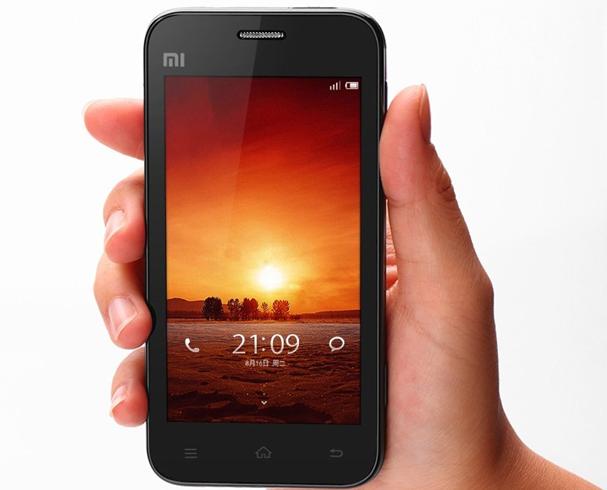
Taiwan and Hong Kong may be only the beginning of Xiaomi's expansion outside China. The popular Chinese vendor of low-priced handsets is aiming at getting into five more markets next year.
"This year, we will only do Hong Kong and Taiwan," said CEO Lei Jun on Wednesday. "At the same time, we will also look at next year possibly doing five other markets. This year we will look at which five markets will be the easiest to do."
Xiaomi may not be a major name outside of China, but the company has built one of the hottest smartphone brands in the country. Crowds of fans congregate for its product launches and pre-orders for the devices run into the hundreds of thousands. Last year, Xiaomi sold 7 million handsets, and this year it hopes to double sales to 15 million.
The company has thrived by selling low-priced handsets built with higher-end specs. One of its latest smartphones, the Xiaomi 2S, features a quad-core Qualcomm processor and a 4.3-inch HD screen, at a starting price of $322 without a contract.
But the secret of Xiaomi's success has more to do with tapping into its "hardcore fans" to generate word-of-mouth marketing, Lei said while speaking to journalists at the Global Mobile Internet Conference in Beijing. Xiaomi phones are loaded with a company-tweaked version of Android called MIUI. Every week, it releases a new version of MIUI, built with online customer input from a million of its users.
"When Apple develops its iOS 7, you have no idea what they will do with it before the release. It's not like that for us. We will first ask what you want," he said. "I feel Xiaomi's most important secret to success is that Xiaomi is not selling a product, but an opportunity to participate."
One example is the voice recording app on Xiaomi phones, which Lei said a group of Chinese journalists helped contribute to. Following the feedback, changes were made to the app so that it will continue to record even when incoming calls come through. In addition, the phone will turn to silent mode when the app is recording.
"If you invent a feature and I help you complete it, won't you go tell all your classmates, co-workers and friends that you made this feature?" he said. "Once you participate in Xiaomi, you will like it."
The company's business model gives Lei confidence that Xiaomi can succeed in Taiwan, where its phones are being released this month. Xiaomi intends to cultivate its own fan base in Taiwan, and within one or two years the company can become a strong vendor on the island, he added.





